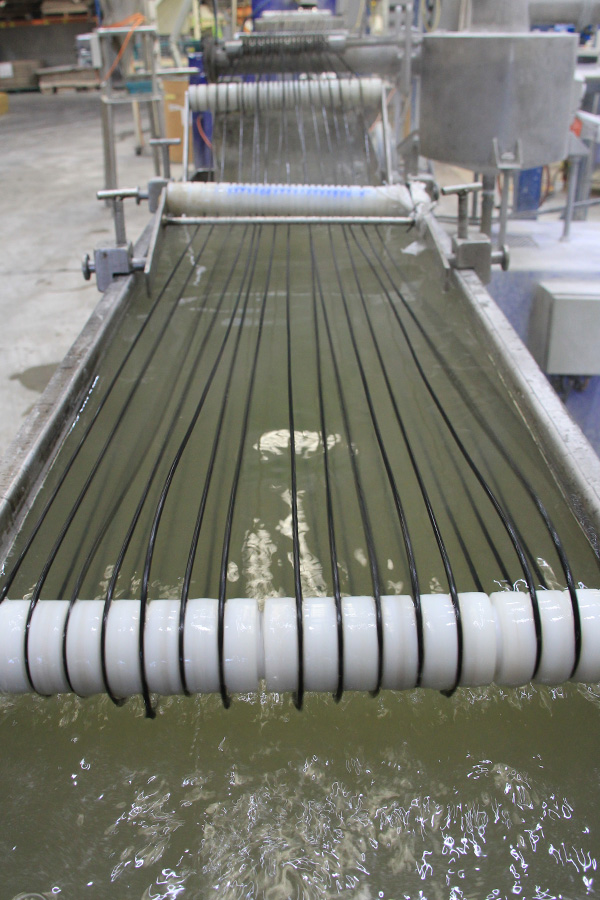Acrylonitrile butadiene styrene (ABS) is a common thermoplastic used to make light, rigid, moulded products such as automotive body parts, wheel covers, enclosures, protective headgear, buffer edging for furniture and joinery panels, and many other applications where cost is an issue.
The final properties will be influenced to some extent by the conditions under which the material is processed to the final product; for example, moulding at a high temperature improves the gloss and heat resistance of the product whereas the highest impact resistance and strength are obtained by moulding at lower temperature.
Grades of Duralac are available with Flame Retardant properties, glass fiber reinforced or just coloured to match your specification.

Key Benefits
- Stability under load is excellent with limited loads
- High strength and rigidity
- Impact resistance and toughness
Even though ABS plastics are used largely for mechanical purposes, they also have electrical properties that are fairly constant over a wide range of frequencies. These properties are little affected by temperature and atmospheric humidity in the acceptable operating range of temperatures.
ABS polymers are resistant to aqueous acids, alkalis, concentrated hydrochloric and phosphoric acids, alcohols and animal, vegetable and mineral oils, but they are swollen by glacial acetic acid, carbon tetrachloride and aromatic hydrocarbons and are attacked by concentrated sulfuric and nitric acids. They are soluble in esters, ketones and ethylene dichloride.
